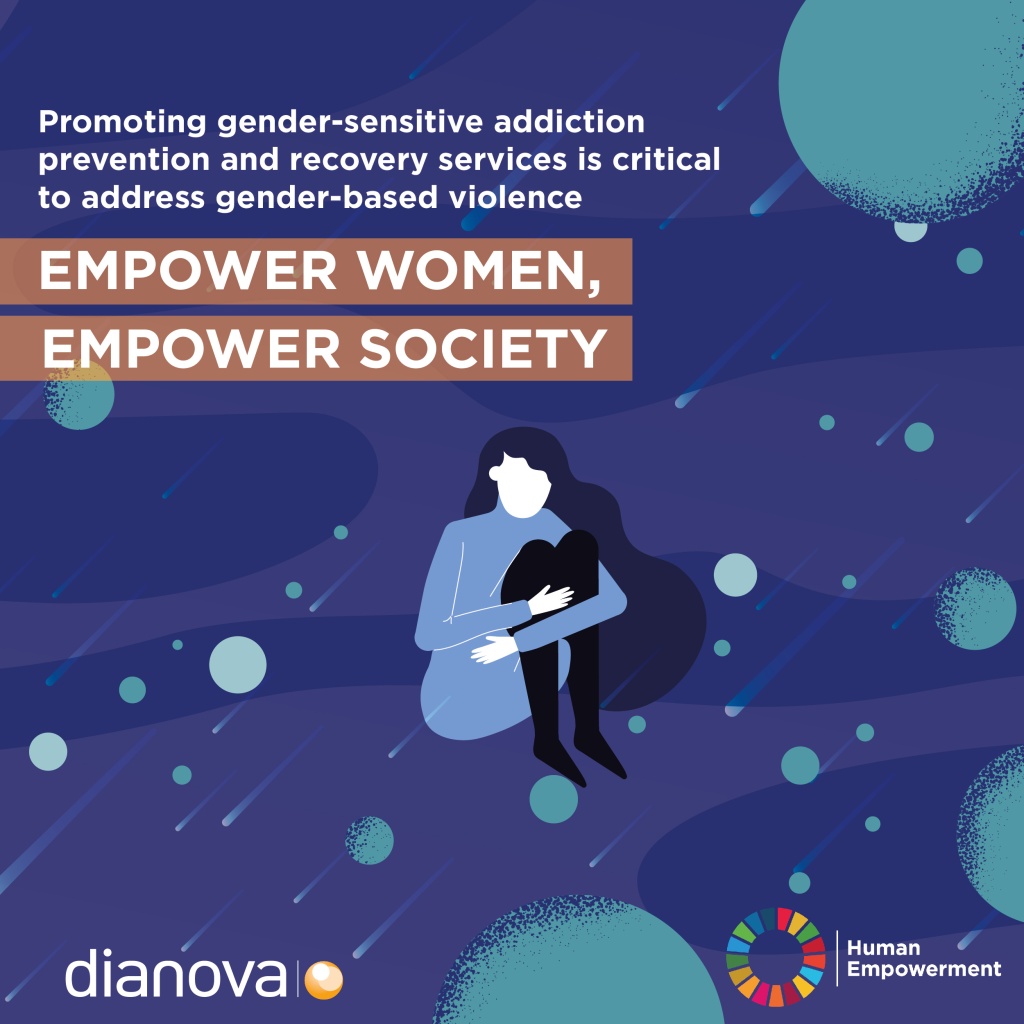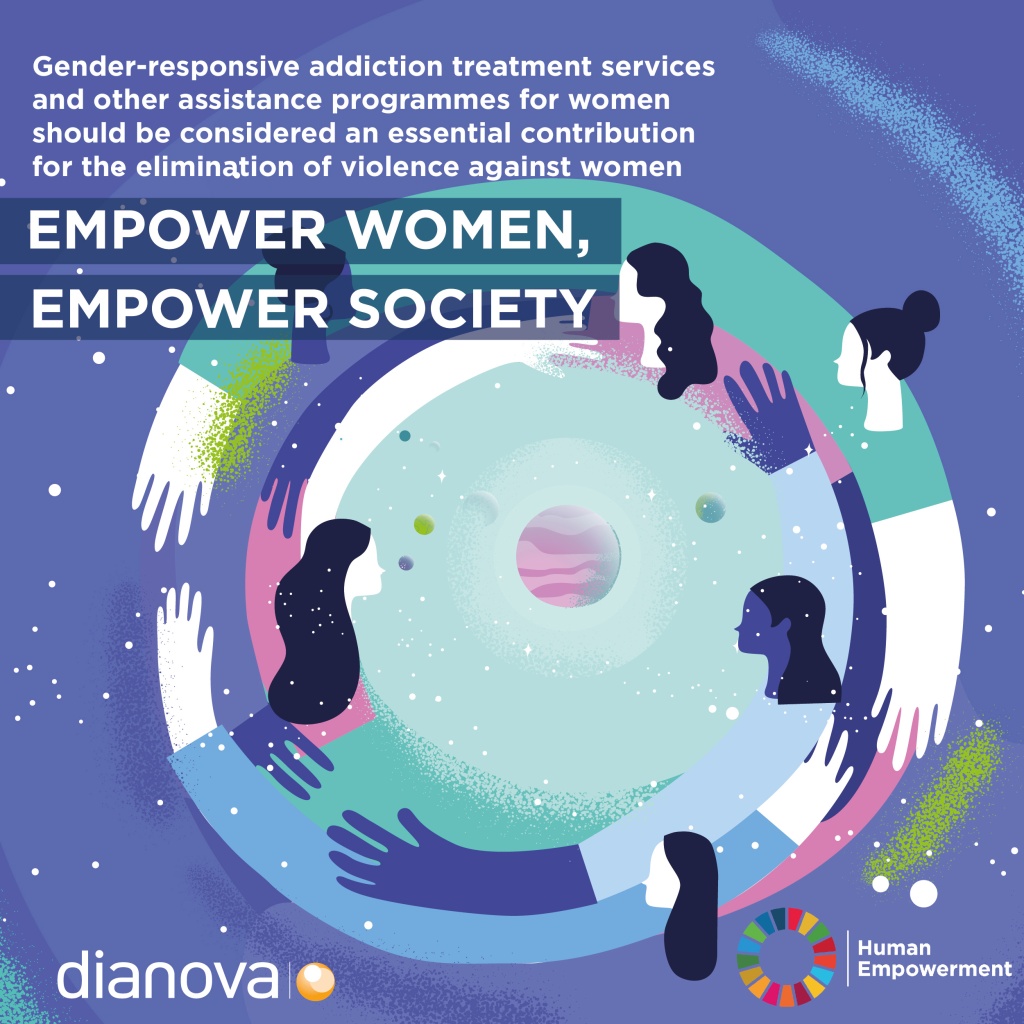“243 million women and girls aged 15-49 are victims of physical or sexual violence by a relative every year. As lockdown measures continue, this figure is likely to increase.
Calls to helplines have increased five-fold in some countries as rates of reported intimate partner violence increase because of the COVID-19 pandemic. Restricted movement, social isolation, and economic insecurity are increasing women’s vulnerability to violence in the home around the world. By September 2020, 52 countries had integrated prevention and response to violence against women and girls into COVID-19 response plans, but more efforts are urgently needed.
According to a UN report, the COVID-19 crisis threatens to push back the limited gains made on gender equality. The crisis aggravates the feminization of poverty and women’s vulnerability to violence.
Women who use drugs are those primarily affected. These women ordinarily experience more violence than the others. And pandemic-related stress and isolation factors can only worsen their situation. When they suffer from addiction, they also experience more difficulty than men in accessing adequate care. Not only due to their being stigmatized, but also because only few programmes are tailored to their needs.
Addressing substance use disorders also means addressing violence
Violence and substance use disorders form a complex relationship that require comprehensive care. Efficient interventions can only be carried out in programmes which design and implementation are grounded in a gender perspective, thus allowing women to effectively address the issue of violence as a trigger or aggravating factor in their addiction.
“Existing structures and programmes are not gender-neutral. Most of them are designed from an androcentric perspective, i.e. oriented towards the needs of men. In these services women have no means to improve their health and well being. This is contrary to the principle of social justice,” says Montse Rafel, director of Dianova.
Dianova calls on the authorities to address the specific vulnerabilities and needs of women who use drugs. Mainstreaming a gender perspective in treatment programmes makes it possible to directly address gender-based violence in a safe environment.
Lastly, it is essential to recognise that gender-sensitive addiction services play a key role in the elimination of violence against women.
Find more from Dianova (2020). Dianova International is a public utility NGO with special consultative status to the United Nations Economic and Social Council (ECOSOC).













I regularly support and encourage others to support the incredible work of a women’s shelter in my local area. I’ve also been blessed with an opportunity to help several women begin their new life after breaking free from an abusive relationship. Partner violence is a horrible thing. People should never need to live in a place where they do not feel safe.
LikeLike